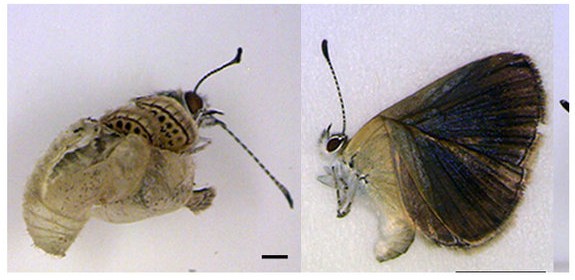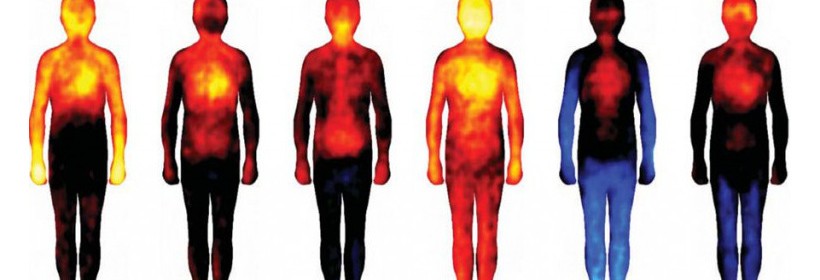Ancient fossil forest unearthed in Arctic Norway

UK researchers have unearthed ancient fossil forests, thought to be partly responsible for one of the most dramatic shifts in Earth’s climate in the past 400 million years. The fossil forests, with tree stumps preserved in place, were found in Svalbard, a Norwegian archipelago situated in the Arctic Ocean. They were identified and described by Dr Chris Berry of Cardiff […]
Read more








